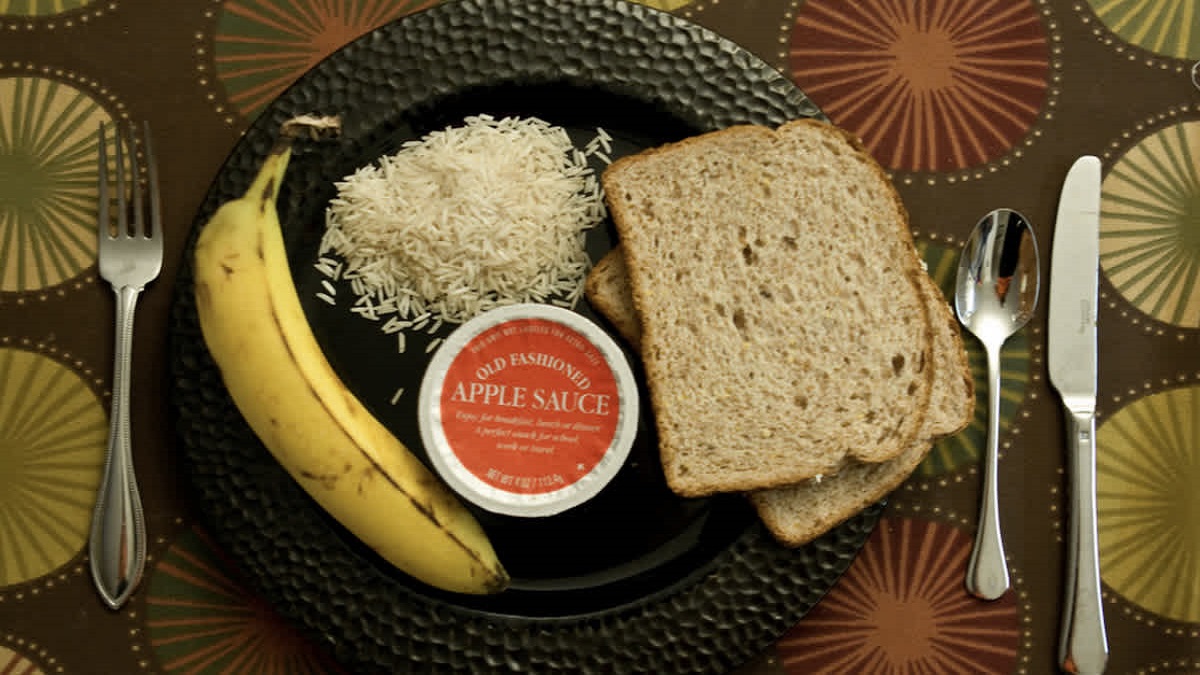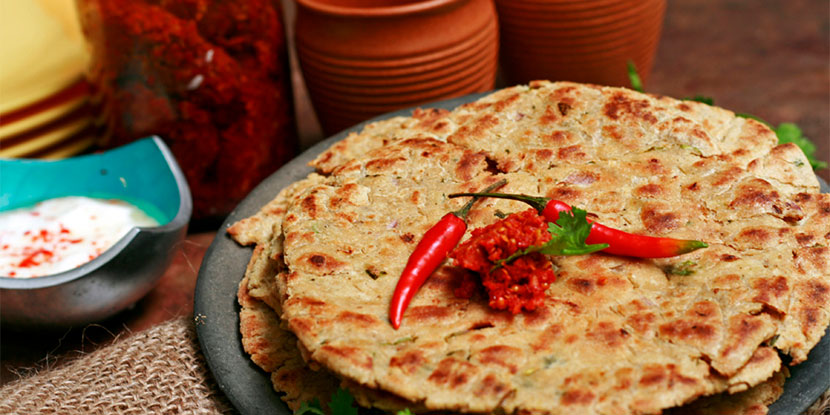What is a bland diet?
A bland diet often referred to as a “low residue diet” or “soft diet” is a diet consisting of foods that are soft, low in dietary fibers, and cooked rather than raw and spicy. It incorporates food groups that are lighter on the stomach and easy to digest.
This diet aims at reducing acidity by eliminating all the foods that stimulate gastric secretions and helps reduce the inflammatory effect.
Who should take a bland diet?
This diet is specifically designed to help patients recover from gastrointestinal conditions in which gentle digestion would be beneficial. People who are suffering from conditions like duodenal or stomach ulcers, gastritis, nausea, vomiting, diarrhea, gastroesophageal reflux disease (GERD), diverticulitis, inflammatory bowel disease (IBD), excessive flatulence, Crohn’s disease, post GI surgeries and following some bariatric surgeries where patients must adhere to a new lifestyle and dietary modifications to decrease the risk of complications and facilitate a long-term weight loss. Moreover, a bland diet is a viable option for patients in intensive care units with different medical conditions who have difficulty chewing and swallowing so the food may be pureed, ground, or blended to make eating safer and decrease the stress on the GI system.
Read More: The Science of Weight Loss – About Pakistan
What foods to eat?
A bland diet is customized according to an individual’s dietary requirements and keeps in sight any preexisting food allergy or intolerance. So, it is always better to consult a doctor or dietitian before making dietary changes who could provide you with accurate input based on your specific diagnosis.
It has been observed as a common practice that while on a bland diet, patients limit their food intake to a BRAT diet, which is an acronym for banana, rice, apple sauce, and toast however, this is not synonymous with a bland diet. A bland diet encompasses many elements that help in decreasing the workload on the entire GI system along with keeping a record of the nutritional values of certain food groups included in a bland diet.
Some of the commonly recommended foods on a bland diet include:
Low-fat dairy:
- Low-fat milk
- Yogurt
- Low-fat and mildly flavored cheeses such as cottage cheese
- Buttermilk (unsalted)
These are all good options, however, if the patient is lactose intolerant, then dairy can cause GI discomfort, thus dairy products should be eliminated in such cases.
Bland vegetables:
- Canned or cooked vegetables to eat on a bland diet include:
- Beets
- Beans
- Spinach
- Carrot
- Sweet potatoes
- Pumpkin
- Peas
It is best to consume these vegetables either in a steamed or boiled form with little to no butter or other types of fats.
Processed grains:
If the person does not have a gluten intolerance, the following foods can be incorporated into his diet:
- White bread products
- Seedless rye
- Soft white pasta
- Refined white flour
- Processed oats
- Cooked cereals
A few types of crackers and plain cookies that are low in sugars and do not contain high-fat content can be enjoyed sparingly.
Read More: Difference Between Regular & Diet Soda – About Pakistan
Low-fiber fruits:
Fruits that are not fibrous or seeded such as
Bananas, Melons, and in some cases avocados can be consumed in moderation. It is preferred that these fruits are cooked or canned to make them soft and digestible.
Beverages:
- Clear broth
- Chamomile tea
- Cream-based soups
Many seasonings may be irritating to the stomach, but you can opt for mild flavorings that do not worsen the symptoms.
Foods that should be avoided:
High-fat dairy:
High-fat dairy includes:
- whole milk or full-fat milk
- Cream cheese
- Whipped cream
- Ice-cream
- Blue cheese
Vegetables:
Vegetables that are acidic or cause excessive flatulence should be avoided. These include:
- Onion
- Tomatoes
- Garlic
- Pepper
- Cabbage
- Cruciferous Vegetables such as sprouts, broccoli, cauliflower, and Brussels
Seeded and citrus fruits:
Fruits to be avoided include:
- Orange
- Grapes
- All berries such as strawberries, and blueberries
- Grapefruit
- Lemon and limes
- Dried fruits and fruit juices
Seeded fruits, due to their high fiber content should be eliminated. Also, citrus fruits may result in acidity and heartburn in some people.
High fiber grains:
Grains rich in fibers put added stress on the GI system as they contain complex carbohydrates which are difficult to digest. Also, gluten may be a trigger for some people so the following foods should be avoided:
- Whole grain bread
- Whole wheat pasta
- Grain cereals with added fibers
- Wheat, rye, and barley
Fatty meats, lentils, and fish:
- Fried Proteins (meat, fish, chicken)
- Processed and frozen beef and chicken products
- Chilli and meat sauces
- Lentils and dried and canned beans can cause flatulence so these should also be avoided
Read More: What Can You Drink If You Have Diabetes? – About Pakistan
Beverages:
All kinds of alcoholic drinks and caffeinated Beverages such as:
- Tea
- Coffee
- Soda
Other foods:
Other foods that can aggravate symptoms include:
- Fatty desserts such as cakes, pastries, biscuits, and donuts
- Olives
- Seasonings and dressings such as ketchup, mustard sauce, and various salad dressings
- Popcorn
- Granules
- Some nuts
Lifestyle modifications:
A bland diet, like many other diets, can lead to major nutritional deficiencies, thus it is not a sustainable dietary choice. To achieve certain health goals, taking a balanced and nutritious diet is an integral step. Your dietitian may reintroduce certain food groups in your diet, keeping in view the status of recovery from the disease, but a few lifestyle modifications can be made to stay on a healthy course.
– Eat in moderation, and take small but several meals a day.
– Do mindful eating and keep a track of your portions.
– Finish your meals at least two hours before you go to bed
– Avoid consuming foods that are rich in sugars and trans fats instead, replace them with foods rich in polyunsaturated fatty acids such as walnuts, flax seeds, and fish.
Read More: Omega-3 May Provide A Brain Boost For People In Midlife – About Pakistan
Beyond a shadow of a doubt, a healthy gut is one of the determinants in assessing the quality of life. So, one should be cognizant while making dietary choices to live a healthy life.


















